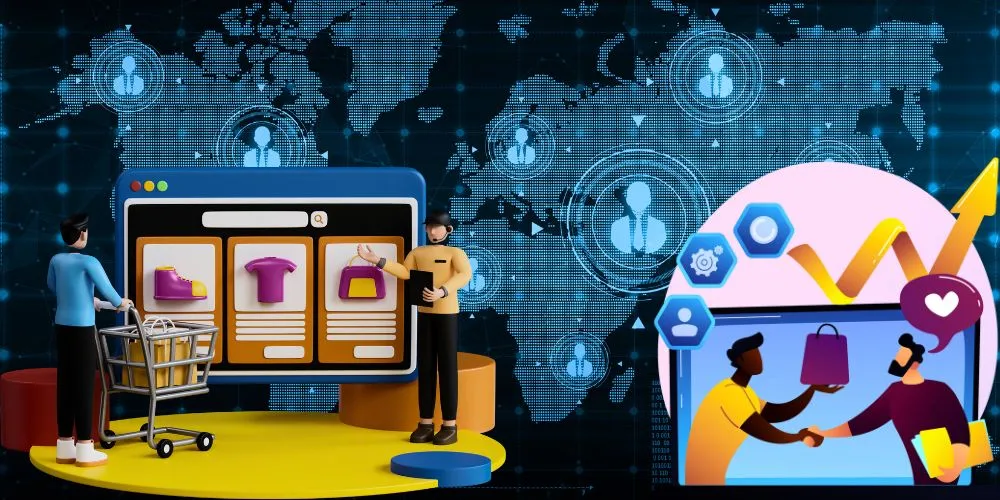Relationship marketing is a powerful approach focusing on creating and nurturing long-term customer relationships rather than merely aiming for short-term sales. In a marketplace increasingly driven by consumer experience and loyalty, this strategy has become essential for businesses looking to build sustainable success. This opinion piece explores the significance of relationship marketing, its key components, and its benefits to businesses and consumers.
Building Trust and Loyalty
At the heart of relationship marketing is the emphasis on trust and loyalty. Businesses can build solid and long-lasting relationships by consistently meeting or exceeding customer expectations. Trust is a crucial factor that influences customer decisions, and once established, it can lead to increased customer loyalty. Loyal customers are important for business success; they are more likely to make repeat purchases, provide valuable feedback, and refer new customers through word-of-mouth, which is more effective and efficient than traditional advertising.
Personalization and Customer Experience
Personalization is a key component of relationship marketing. Nowadays, consumers expect personalized experiences tailored to their preferences and needs. Businesses can create customized marketing campaigns and offer personalized services that resonate with individual customers. By leveraging customers’ data and insights, they can enhance the customer experience and foster a deeper emotional connection with the brand. Personalized interactions make consumers feel valued and understood, increasing satisfaction and retention rates.
Effective Communication and Engagement
Effective communication is vital in relationship marketing. Businesses must engage with their customers through various channels, including social media, email, and in-person interactions. Regular and meaningful communication helps maintain the relationship, address customer concerns, and keep the brand top-of-mind. Engaging customers in conversations, responding promptly to inquiries, and providing valuable content are all strategies that enhance customer engagement. Active engagement shows customers that the business cares about their opinions and is committed to their satisfaction.
Long-term Business Growth
Relationship marketing benefits customers and drives long-term business growth. Businesses can reduce churn rates and increase lifetime customer value by focusing on customer retention and loyalty. Long-term customers spend more over time and are less sensitive to price changes, contributing to a stable revenue stream. Additionally, the insights gained from long-term relationships can inform product development and improve service offerings, creating a cycle of continuous improvement and growth.
Conclusion
Relationship marketing is essential for businesses to build lasting success in today’s competitive market. Companies can cultivate loyal customer bases that drive sustained growth by prioritizing trust, personalization, effective communication, and customer engagement. Relationship marketing shifts the focus from transactional interactions to meaningful connections, benefiting businesses and consumers. As customer expectations evolve, businesses focusing on relationship marketing will be better positioned to adapt, thrive, and maintain a competitive edge.













